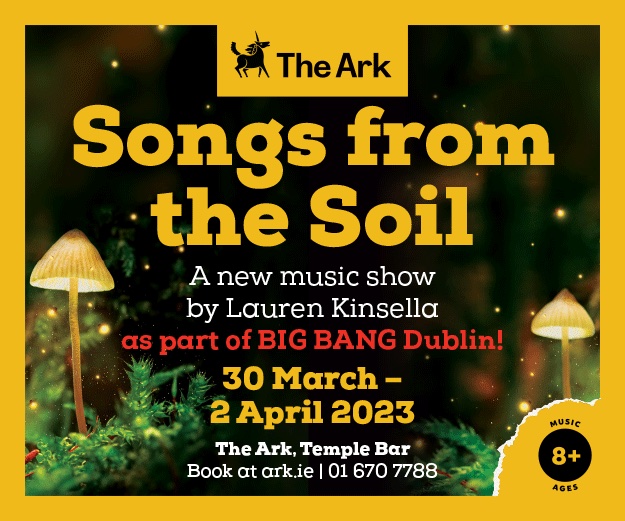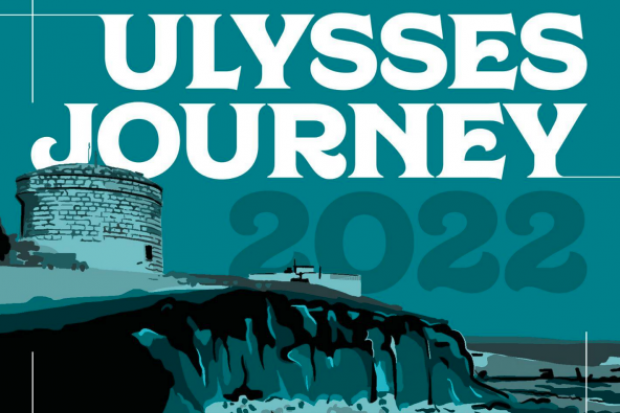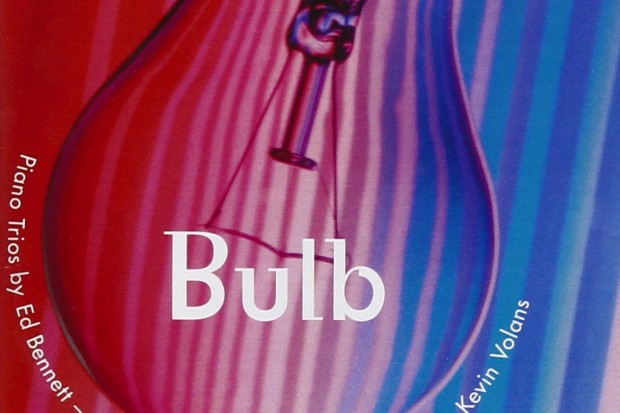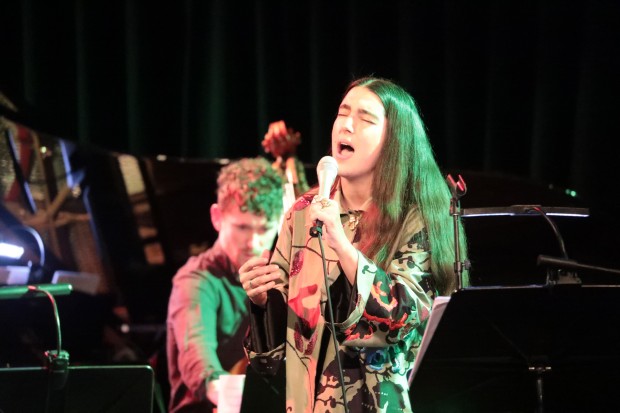
Lauren Kinsella
Here Comes History
Famished, a recent collection of poetry by Cherry Smyth, is a deep road into the Irish famine. Her poems may begin with the 1840s but they travel right up to contemporary politics. Alongside her own writing, she quotes from political commentators down the decades. The poem ‘The Cassock, Each and Every Townland’ is accompanied by a quote from the Scottish essayist Thomas Carlyle writing around the time of the famine: ‘Ireland is like a half-starved rat that crosses the path of an elephant. What must the elephant do? Squelch it – by heavens – squelch it.’
There is anger in these poems, and accusation, but largely grief, a sense that Ireland and Britain have still not inhaled the horrors of what happened. And, as a result, we are all the poorer at reacting when power and abuse mingle mischievously again today.
In a performance at Kilkenny Arts Festival in the Parade Tower (15 August), Smyth was joined by jazz singer Lauren Kinsella and composer Ed Bennett. The format saw the poet at the centre reading, with Bennett on laptop creating music and sounds, from waves and punctuated tones to echoes and clanking effects, and Kinsella regularly interjecting, singing and improvising on certain phrases.
To feed the English
Lines from the collection began to jump out: ‘It’s not aid if we have to buy it, / nor relief if we have to work for it,’ – referring to the laissez faire attitude of the British Government of the time. We get a sense of Smyth’s rage: ’The oats were shipped / To feed the English … The wheat was shipped / To feed the English.’ Her delivery is sure and pointed. An early climax comes with a rumination on the word ‘field’: ‘forever-field… felt-field… Fingered-field … fucked-field… flounder-field… Fallow-field Fallow-field Fallow-field’. Mícheál ‘Moley’ Ó Súilleabháin joins the performers on stage to eloquently repeat the same words in Irish.
We are reminded of the tragedy of the events, of Ireland’s latent anger against British elites, something many people had all but let go after the Good Friday Agreement. Brexit is creating a space again for this kind of analysis. If only they knew.
One potato
Up to this point, Kinsella is regularly joining in on one of the key motifs of the collection, the children’s counting rhyme ‘One potato, two potato, three potato, four…’ which Smyth uses to connect poems and ideas. But then the singer starts to take longer sections, for example the word ‘bán’ from ‘garraí bán’ (‘fallow field’), improvising around it, clicking with lips, playing with vowel sounds – ‘bán, bán, bán’. Kinsella’s vocal control and purity of voice – so evident in her extraordinary work with the group Snowpoet – is present here in even the smallest of contributions.
Ed Bennett’s part in Famished is less frequent but marked when it arrives. In one section, he swipes on laptop and creates echo and bouncing effects; Kinsella responds with improvisations. The combination is unique in its sonority, like a conversation, in this context, between passenger and ship, and you are keen to hear it develop, but it doesn’t. Nonetheless, Kinsella’s contribution had been relatively restrained up to now, which meant she could release an extra powerful ‘Turned away!’. In another section, she plays with the acronym NINA (‘No Irish Need Apply’), working her way around various combinations of the word, from whispering to singing.
Smyth doesn’t recite the whole of Famished, but the poetry is central to this performance and Kinsella and Bennett felt underused. The arc of the event was crying out for Kinsella to be given full poems to sing rather than just fragments. Without that, Famished could become a little laboured. And whatever artistic spell that was created was almost lost due to a question-and-answer session taking place straight after the performance.
Guilt
But nonetheless, Famished – the collection and the performance – does compel you to reflect on the tragedy of the famine and on its shadow in contemporary politics. Towards the end, Smyth introduces an uncomfortable idea: ‘I am born of those who ate… Did they hoard or share?’ The guilt swings both ways. What did one’s ancestors have to do to survive this calamity?
And what is this atrocity’s wider legacy? It killed our ancestors, displaced them, decimated the Irish language, spawned Irish-America, forced the march towards independence, changed our land laws, and further embedded the effects of colonisation – a centralised power system and a lack of confidence in our own thinking and decision-making. The suggestion of Famished is that we have still not dealt with any of this. If we look at our paralysis with regard to housing and health, it is difficult to argue with that. And yet, in the cultural life of Ireland, you see that we have responded to our past quite directly, and in many unexpected ways.
Famished – assertive, exploratory – is a forthright contribution to the national dialogue, if only Ireland had one.
Visit www.cherrysmyth.com.
Published on 21 August 2019
Toner Quinn is Editor of the Journal of Music.

















